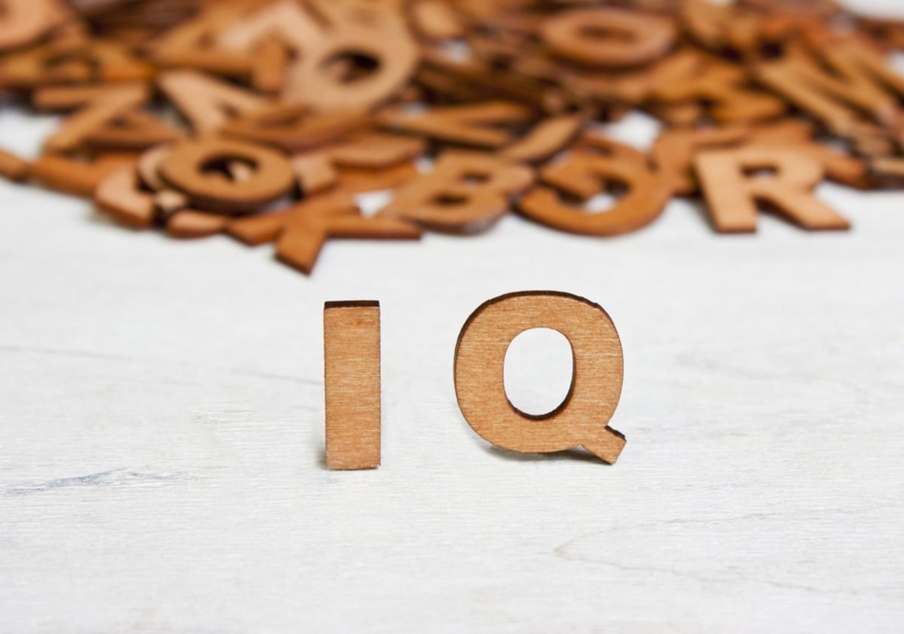The truth about IQ

Let us consider what intelligence is, whether it has a coefficient and how to measure it.
The coefficient of intelligence (IQ, intelligence quotient) is usually determined using a special test, the result of which is a certain number. We are accustomed to the “high IQ = genius” formula, which is supported by numerous examples of the greatest minds (Albert Einstein - 200, Garry Kasparov - 190, Stephen Hawking - 160). But is the opposite true? Does it mean that a person with a low rate is doomed? And what is the “normal” indicator?
To understand how IQ is calculated, let us look at the history of the test. A little more than a century ago, in 1905, the French Ministry of Education got a task to develop a test to determine the ability of students to learn. Psychologist Alfred Binet, together with another psychologist, Theodore Simon, developed a series of 30 tasks with a consistently increasing workload. The Binet-Simon test determined the correspondence of the level of mental development of a child to his physical development. It means, the purpose of the test is to understand how progressively the child is developing.
Other psychologists became interested in his test, and in 1916 Lewis Theremin, working at Stanford University, modified it. Since then, we have become accustomed to assessing the level of human intellectual abilities using the Stanford Binet test. But is it possible to express intelligence by numbers?
Intelligence is not only the speed of development, but rather a generalized value, reflecting a set of accumulated knowledge and experience and the ability to effectively apply them in practice. As well as the vastness of the outlook and diversity of interests. The test result may be affected by the psycho-emotional state of the person being tested, for example, elementary inattention, nervous tension, distractions, or even irritability.
So we can say that the indicator IQ is a flexible, unstable value, that depends on many factors. By developing the cognitive functions of the brain, regularly expanding one's horizons, one can increase one's overall IQ, and vice versa - the intelligence decreases without regular workload and feeding.











